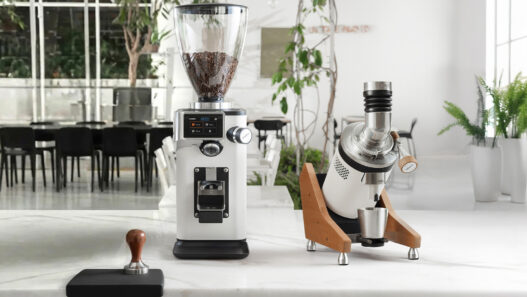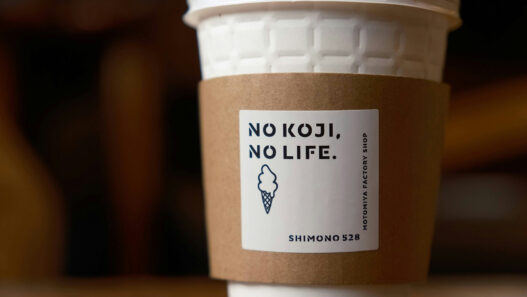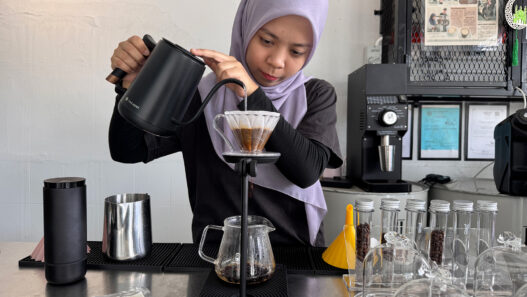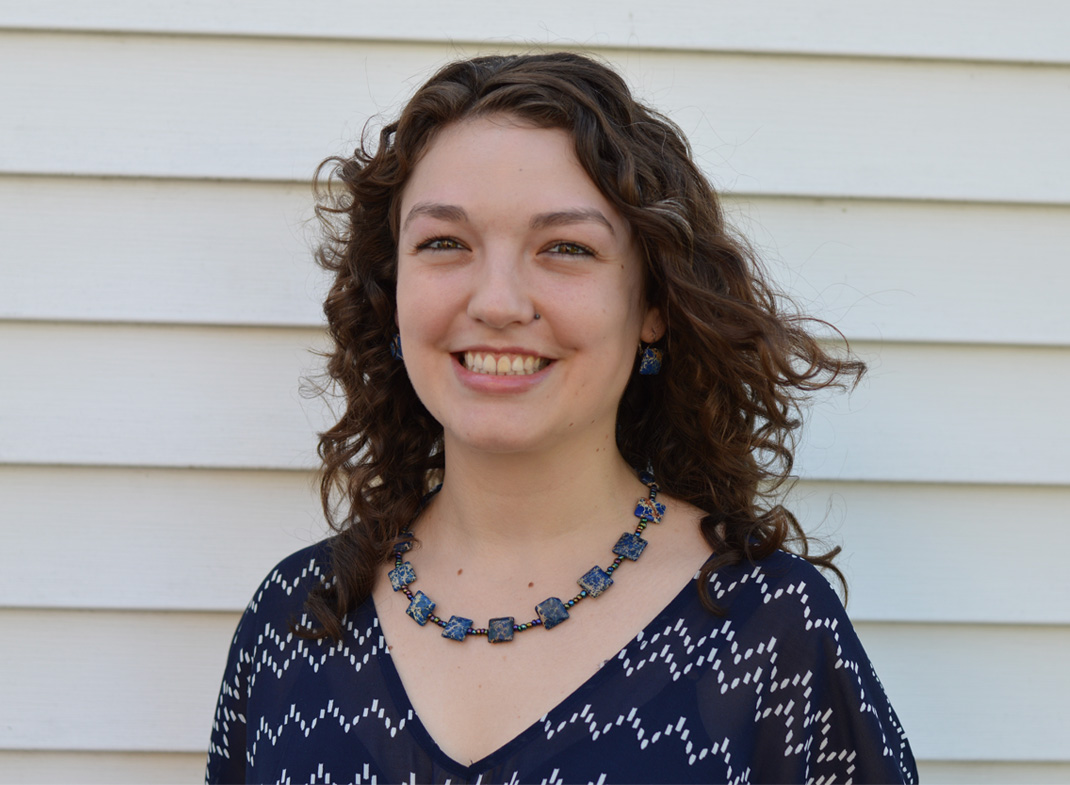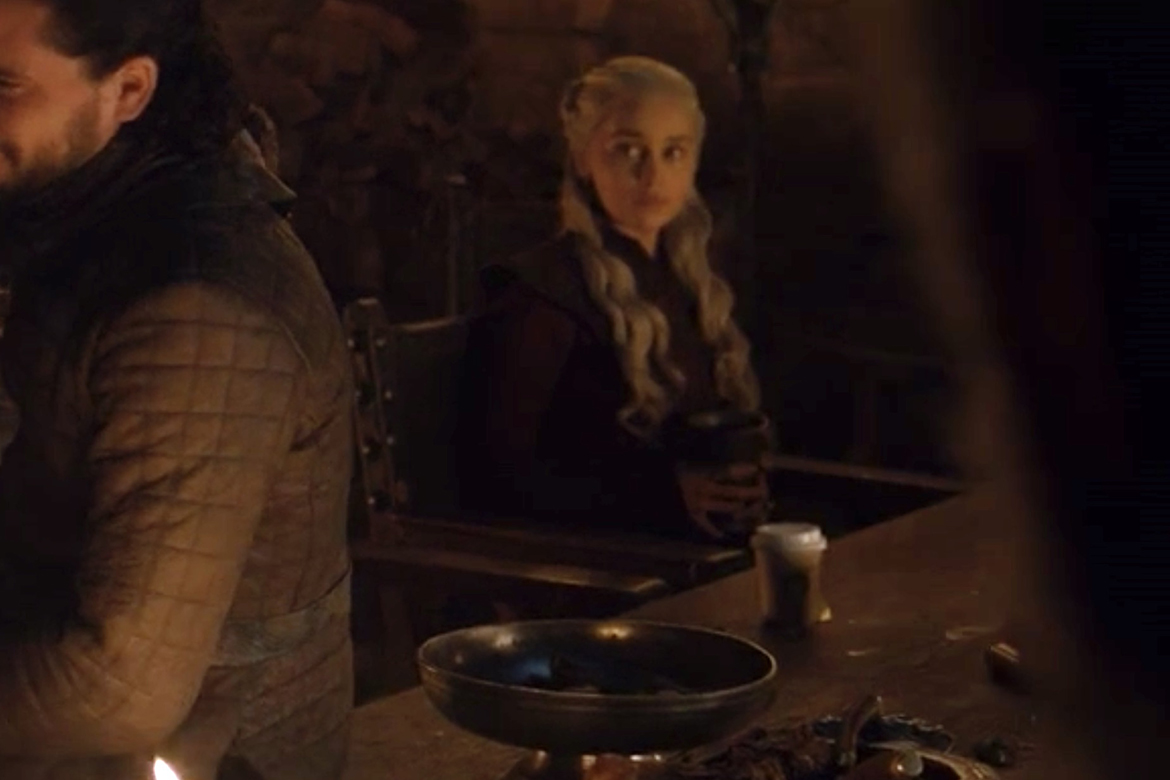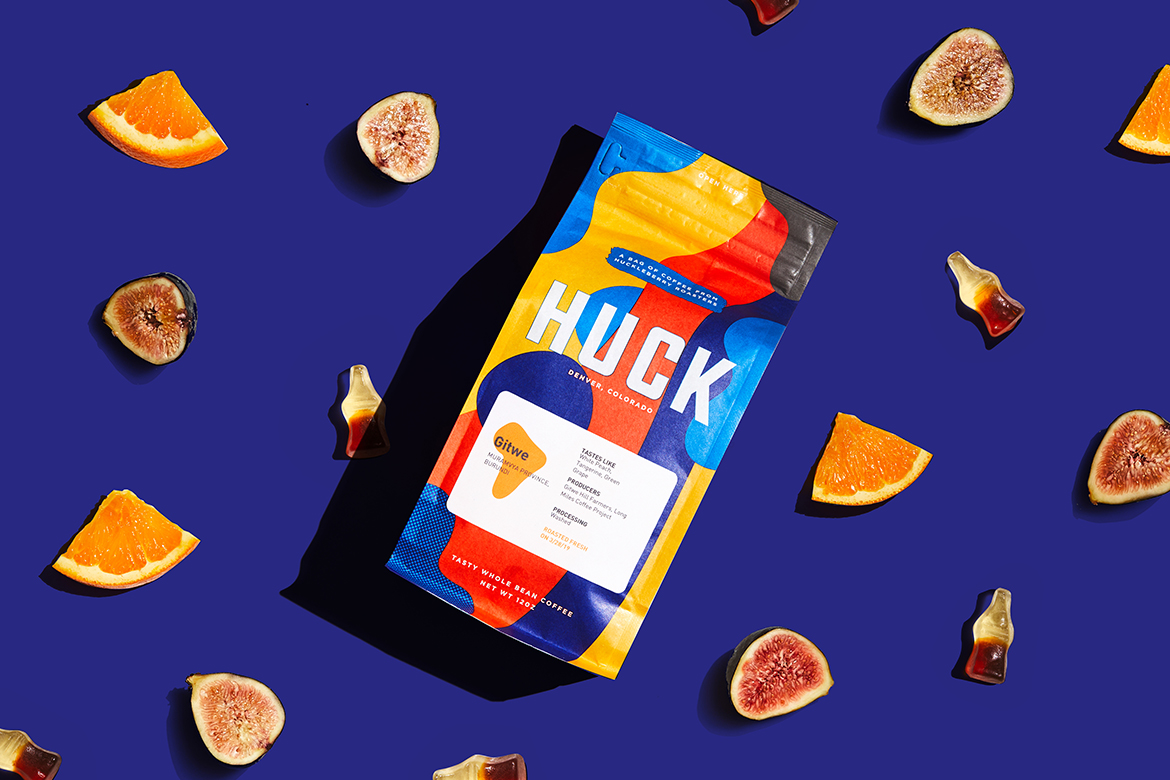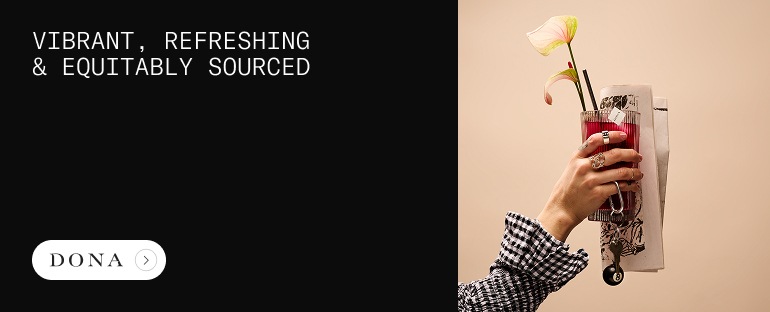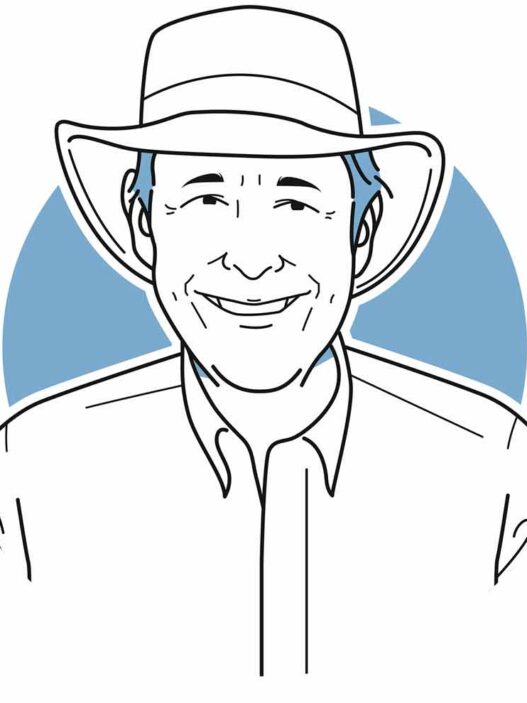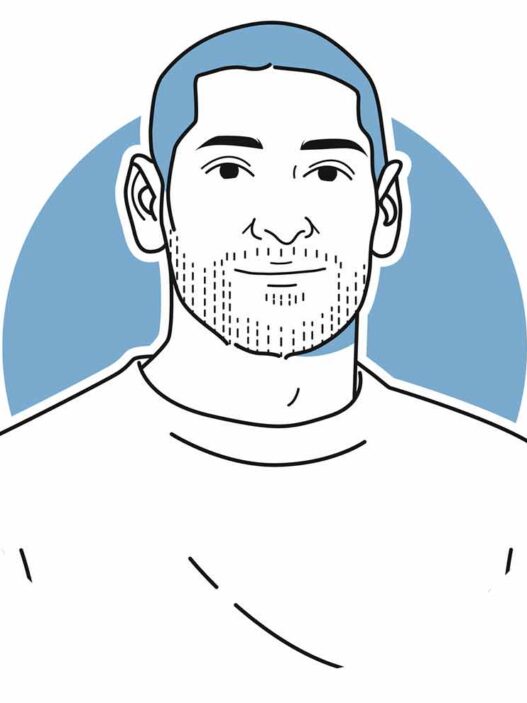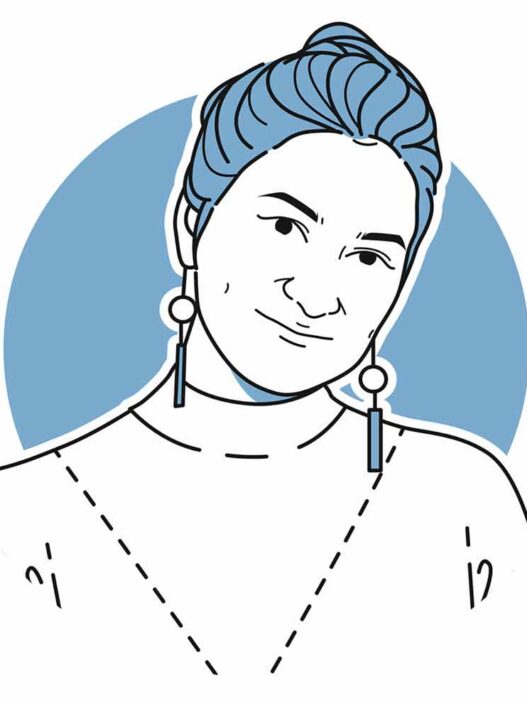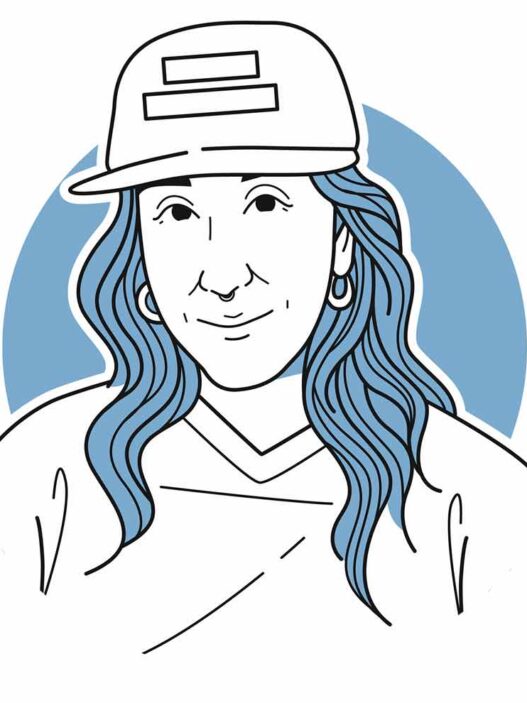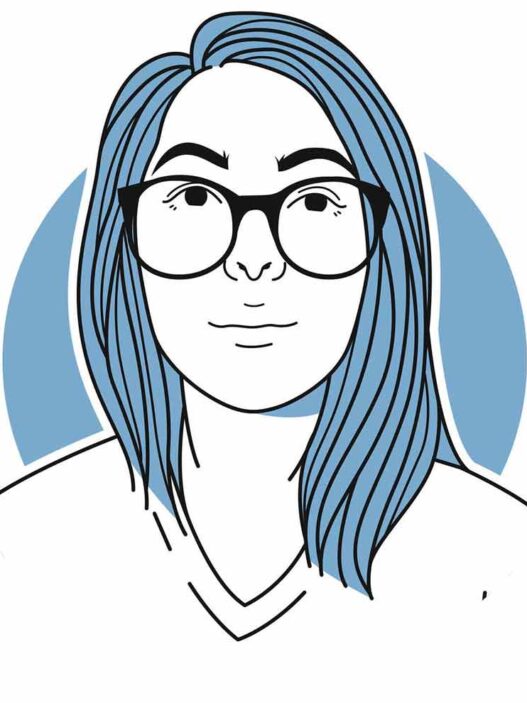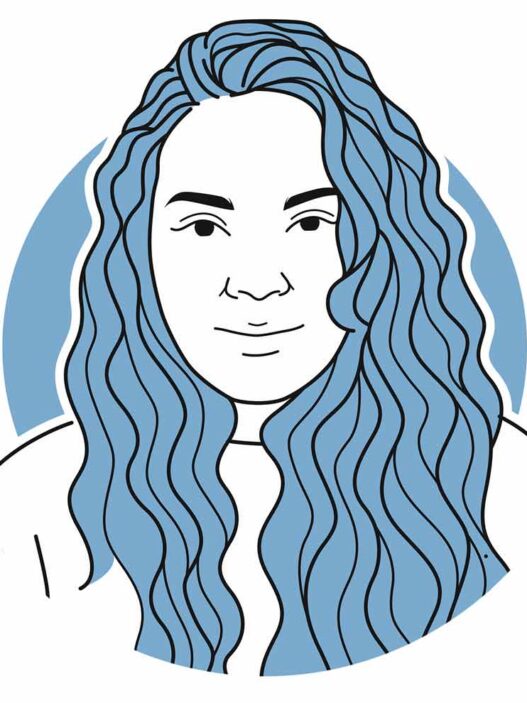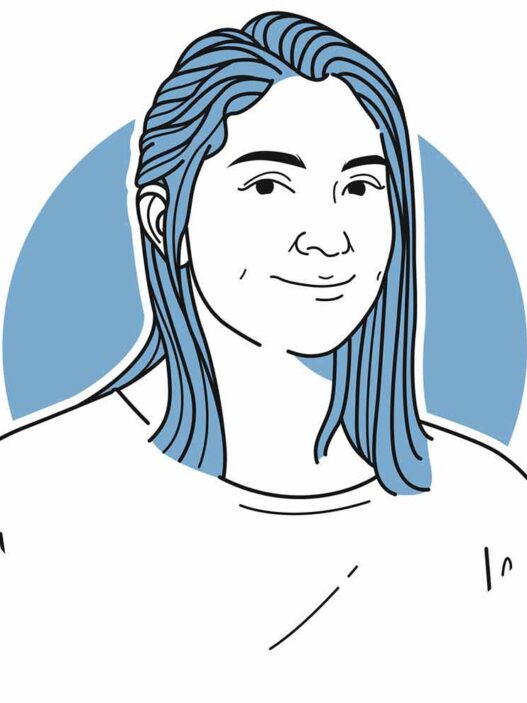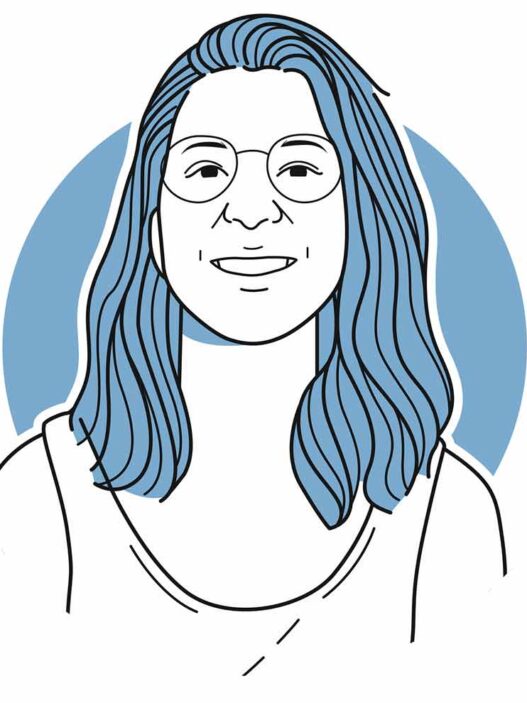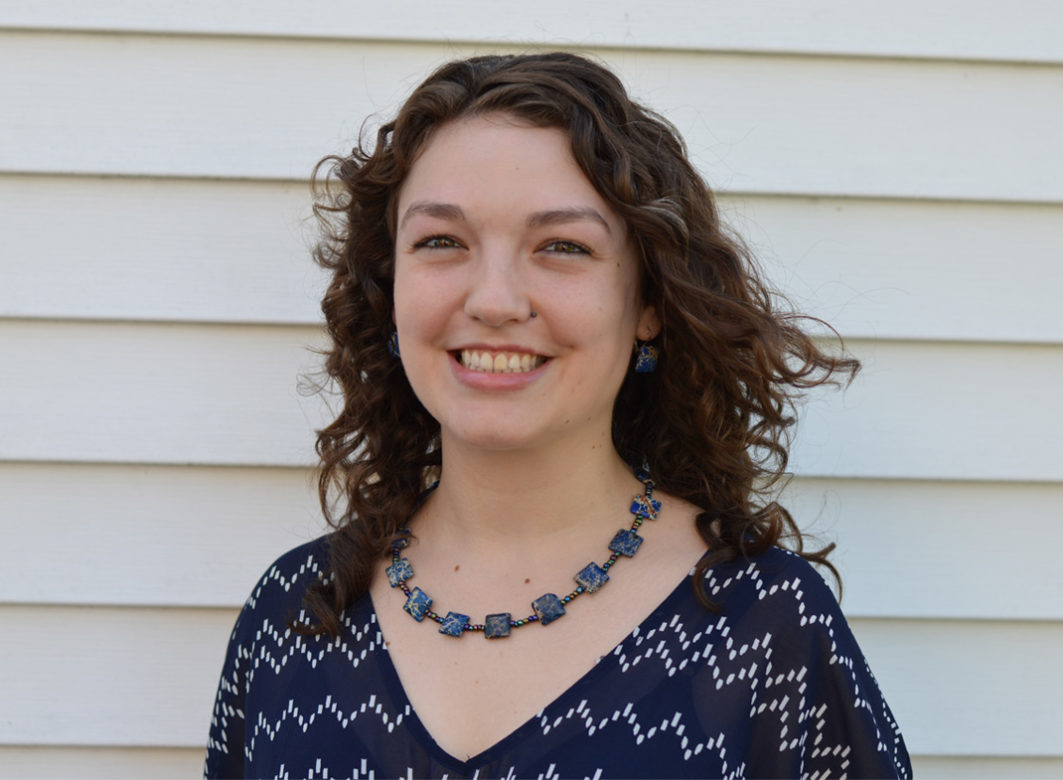
Our coverage of the Sprudge Twenty interviews presented by Pacific Barista Series continues this week on Sprudge. Read more about the Sprudge Twenty and see all of our interviews here.
Nora Burkey nominated by Benjamin Myers
Nora Burkey is the Executive Director and Founder of The Chain Collaborative, an international organization dedicated to “investing in the capacity of Change Leaders in coffee growing regions and accompany them as they drive grassroots, sustainable development in their own communities.” Through Chain Collaborative, Burkey and her team have helped develop projects with coffee producers in Ecuador, Nicaragua, Uganda, and other coffee growing regions around the world. They also collaborate with the Coffee Quality Institute (CQI) for The Partnership for Gender Equity, an ongoing research initiative looking at the intersection between coffee and gender for coffee producers worldwide.
This interview has been edited and condensed.
What issue in coffee do you care about most?
True grassroots, community-led, sustainable development. This has been my entire reason for wanting to be a part of the coffee sector from the beginning.
I think the specialty coffee sector does a great job in terms of defining what specialty coffee is: there are rules, there are Q graders, there are flavor wheels, there is a science. Of course, people are now starting to ask whether quality coffee means more than just 80+ points, but at the very least, there are some sets of clear rules and a lot of scientific investment behind the term specialty coffee. We know the right ratio of water to coffee. We make it hard for someone to be able to truly assess how much a coffee scores.
But it’s not the same in terms of grassroots, community-led development or sustainability. That’s more like the term “gourmet”. Everyone can say they are doing it, and there are no rules in the coffee and development sector that defines this. I see really large collective action platforms throwing around these terms, and I see small non-profits doing the same. As a consumer, buyer, or supplier wanting to really do community-led development, how will they know where to turn?
What cause or element in coffee drives you?
Same as above. Being able to be a part of the conversation about what true community-led development in the coffee sector could look like is the reason I do the work that I do. Unfortunately, I don’t think it’s a very comfortable place to be in, because in order to drive more community-led development, we have to start recognizing that there are a lot of people out there co-opting the term, and no one wants to be criticized in that way. But doing things the right way (or what I think is the right way), being for genuine community-led development, is what drives me. And hopefully, if there is anything valuable in what I’m saying, people will start to take notice and do things similarly. In many ways, I think that’s more effective than calling people out and telling them they are not doing community-led development in the proper way. For me, it’s all about shifting power to coffee communities that have traditionally been denied power in a global, buyer-driven supply chain.
What issue in coffee do you think is critically overlooked?
Power and history. I think there are a lot of the challenges we are facing in coffee today that are a result of the balance of power in our world and in our sector. Consolidation has to do with the power of larger versus smaller companies. The price crisis has a lot to do with coffee as a buyer-driven supply chain. There are historical reasons for why we find ourselves in such a power dynamic and theories for why the world works the way it does. These histories and theories can help explain why we as an industry have not been super successful in changing the status quo for the majority of coffee producers around the world. I don’t know that if more people engaged with history and power that we’d see a large change in the industry, but I think it’s not something that’s ever been tried before, so it’s at least worth a shot!
What is the quality you like best about coffee?
What I like about coffee is that everyone gets to create their own little coffee community, or several little coffee communities, that they can be a part of. For example, there are different groups of women in coffee I feel that I am a part of. As women, we support each other in our careers and in a male-dominated industry. I am also a part of my organizational community. We’re a small team, but a committed team that supports each other on our own coffee journeys. I am a part of the communities we as The Chain Collaborative work with, at least in some way. I get to be a part of these various small pieces of the world, a part of communities in Uganda, Ecuador, and Nicaragua, communities that probably only a couple hundred people in the world could call theirs. And there is always an entire new coffee culture to get to know and to belong to—and that’s what I like best.
Did you experience a “god shot” or life-changing moment of coffee revelation early in your career?
I think there are many revelations coming to me later on in my career, and I think what I thought I knew at the beginning of my career isn’t what I know now. But I don’t know if I could identify one moment. For me, coffee is an ever-developing learning journey. It’s constant revelation, constant learning, and constant improvement. Once I lose that, I’m probably not doing it right.
What is your idea of coffee happiness?
I have so many answers to this question. My idea of coffee happiness is where coffee is like wine, based on the cost of production instead of what consumers want to pay—or have been taught to think coffee should cost. But then I also have to recognize my idea of coffee happiness is where everyone in the world would be able to afford coffee at that price, which wouldn’t be everyone as a result of the massive inequality in our times. So, my coffee happiness would have to extend to something akin to world peace. And then, once we achieve world peace, my idea of coffee happiness would probably be sitting someplace beautiful with people I love, enjoying beautiful weather, and sipping a great cup of coffee. Also, climate change wouldn’t be a thing.
If you could have any job in the coffee industry, what would it be and why?
When I founded The Chain Collaborative, I created the job I wanted in the industry. So, I am lucky enough to say I have the job in the industry that I always wanted. But, there are a lot of things that go along with running a non-profit that I do because I have to (file taxes with the IRS, create contracts and employee handbooks, etc) that I’d be happy to hand off to someone else. Also, I think if I never had to fundraise for The Chain Collaborative and just got to be the person who gave money out all the time to producer groups, that might be better. It would certainly mean I would avoid so much rejection and a feeling like we’re not always in this together. So, perhaps at this point, my dream job is doing what I’m doing and being able to make money magically appear on behalf of our partners.
Who are your coffee heroes?
So many! First, Kim Elena Ionescu. She is one of the most supportive individuals that I know in coffee and is, I believe, the embodiment of how people in coffee should treat each other in this industry. When I was first getting started, she let me know she believed in what I was doing. She once pulled me aside at an event and told me to keep trying to be heard. Whenever she has had a different opinion than I do, she’ll share it with me (kindly). I bring this up because, in the world of social media, not everyone in coffee is so kind to one another.
Another coffee hero is Fatima Ismael Espinoza, general manager of the SOPPEXCCA Cooperative in Nicaragua. To make a long story short, the first time I met Fatima, she was locked outside of her house in Jinotega and we shared a hotel room. She was such a figure to me, and I remember my phone alarm going off a million times over at 6 am, and I scrambled to turn it off and not upset this incredible woman. She just turned to me and said, “Relax! Happy International Women’s Day,” which it happened to be. Fatima is one of the most humble, dedicated, and transparent people I know. It’s not easy to run a cooperative, run a profitable company where thousands of people are supposed to have a voice. It’s not hard to do that when those thousands of people are suffering from inequality and low coffee prices. It’s not easy to manage an incredible cooperative and not grow arrogant. A cooperative is just not easy to run with grace. But Fatima does it better than any single person I know. I think she should write a book on how to manage a producer cooperative in a developing country. And I think everyone else in coffee should read it.
And finally, Denis Twinamatsiko. He is the man The Chain Collaborative invests in in Uganda. Denis is from a vulnerable community in Southwestern Uganda. He grew up capturing any educational opportunity he could, eventually attending university in Kampala and then working for USAID in Liberia. He returned to his home community several years ago to begin organizing coffee farmers in his region, and since then, has seen his vision come to life. He built a school in his community in order to provide all children with the opportunities to learn that he sought out his whole life. He is building a value chain for coffee producers in his region. He started all this when he was 30 years old. He is just about everything an entrepreneur in coffee should be, and I would love to do a better job sharing his vision, his message, and his coffee project with the world.
If you could drink coffee with anyone, living or dead, who would it be and why?
Martin Luther King, Jr. A few years ago, on Martin Luther King Jr. Day, I remember a group of women I know (one of my coffee communities!) were passing around a joke email about who our celebrity crushes were. I couldn’t think of one, so I said MLK because it was his holiday that day. And since then, I realized there is actually no better answer to that question, and no one else compares. If our favorite famous person is not MLK or someone like him, what is wrong with us? I don’t actually have a crush, but just incredible admiration. I think we need a million more MLKs on this earth today, so if he could come back and help us create more people like him, that’d be the greatest.
If you didn’t get bit by the coffee bug, what do you think you’d be doing instead?
I would probably be working in the development sector somewhere. That’s what I went to school for. I had always had a passion for coffee, but I didn’t realize you could combine the two at first. Once I realized that, it was a no-brainer for me, but had I never figured that out, I’d be working in international development elsewhere, likely only women’s rights and empowerment. But who knows. At this point, if I left coffee, I’d work on the border and on immigration reform, fighting the prison industrial complex, or just plain writing fiction.
Do you have any coffee mentors?
Matt Slater, Benjamin Myers, and Erika Koss. Ben has been the President of our Board of Directors for a while now, but he’s also just been a sounding board. I remember attending my first SCA expo with Ben, and that’s why he came—just to support me. We shared an Airbnb, and I’ll never forget waking up to him playing a song that went, “Krishna is blue, and my guru is too,” over and over again, or something like that. He just never forgets to bring everyone down to earth and is always there to bring me through the first baby steps of a big problem. Matt Slater is another person that has been such a support to me. He is also a member of the board but has helped me navigate coffee politics, been there during my most emotional times, and been there just to give a big hug when it was needed. Erika is my truest coffee sister. I met her in Atlanta during Expo when I attended a panel. She went up to the mic to ask a question, and I just loved her question, so I introduced myself to her after the panel. We then sat by a fountain and chatted, and since then, we’ve turned that fountain talk into a supportive, meaningful friendship that makes each of us better coffee humans.
What do you wish someone would’ve told you when you were first starting out in coffee?
Oh man. My gut reaction to this question is always to say that I wish someone would have told me how mean people can be. Is that bad to say? I never joined a sorority, but my first experience of hazing was when I worked in a specialty coffee shop. People were not nice to me, and every new person that first started working at this shop experienced the same thing. After I was there for a while, I think I was the only people that newbies liked because I at least acknowledged that they were getting hazed. It’s a competitive industry, and even now I feel the pressure, like people want you to know that you don’t belong or that you’re really a nobody unless you prove yourself.
Whenever someone writes to me about what I’m doing, I try to respond because I want to recognize their coffee passion and not squash it by acting more important than them. But you have to have thick skin in this industry in order not to feel squashed, and that’s just the truth in my view. Honestly, I think that culture in our industry needs to change. It’s so important that we nurture people’s interests and help them grow into their potential. The fact that there are many people that do nurture others is what keeps me going. We just need more people like that.
Name three coffee apparatuses you’d take into space with you.
At first I thought, I’d like a contraption to heat hot water, a spoon, and something that can brew coffee with only hot water, a spoon, and the thing itself. Or I was thinking a spoon, a moka pot, and a very small, portable stove. These are the kinds of things I do when I’m in a really remote area. But then I thought, is there electricity in space to heat hot water? How would you get water hot in space? After briefly looking it up, it appears they have a special hot water brewer that makes espresso, and they use capsules in space. The capsules are probably specially designed for the space espresso machine, and I guess you’d have to bring your own water too. So, at this point, I’d go with a favorite mug to remind me of home, some capsules with better quality coffee, and some extra bottles of water.
Best song to brew coffee to:
I was never allowed to pick the songs when I was a barista because I had a really old music collection at the time. At this point, I can’t really think of a song, because whenever I brew coffee now I’m at home by myself, and barely awake, or trying to brew something between calls really quick. One song I will always associate with coffee is Dido’s “Thank You,” the one that was featured in Eminem’s “Stan.” When I first moved to Nicaragua, my favorite coffee shop would play that on repeat, just over and over again. No idea why, it’s somewhat about cold tea anyway. I think they just didn’t realize it was playing. That’s my favorite coffee song, because it brings back great memories of where I was when I first started The Chain Collaborative, and one of my best friends shares this (what feels like to me) super weird experience.
Look into the crystal ball—where do you see yourself in 20 years?
Oh gosh. Honestly, I’m not sure I’ll still be in coffee. I may be, but I can’t imagine what I’d be doing or what role I’d play. One day, I’d like to hand off The Chain Collaborative to someone else and support a new generation to manage it. 2039 honestly scares me a bit. Who knows what the coffee landscape will look like at that point. Hopefully the earth is not like one giant gaping hole. I’m avoiding this question because I don’t know where I’ll be in five years, so 20 just feels not even worth my time.
What’d you eat for breakfast this morning?
Two eggs and a piece of toast.
When did you last drink coffee?
Two hours ago.
What was it?
I have no idea. I’m helping my mom move houses today and am currently doing some work from her friend’s house. They just poured me what was in their coffee pot. Honestly, I’m really not picky.
Thank you.
The Sprudge Twenty is presented by Pacific Barista Series. For a complete list of 2019 Sprudge Twenty honorees please visit sprudge.com/twenty
Zachary Carlsen is a co-founder and editor at Sprudge Media Network. Read more Zachary Carlsen on Sprudge.






